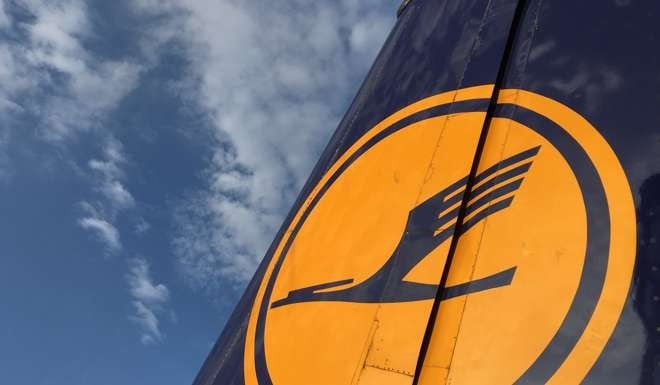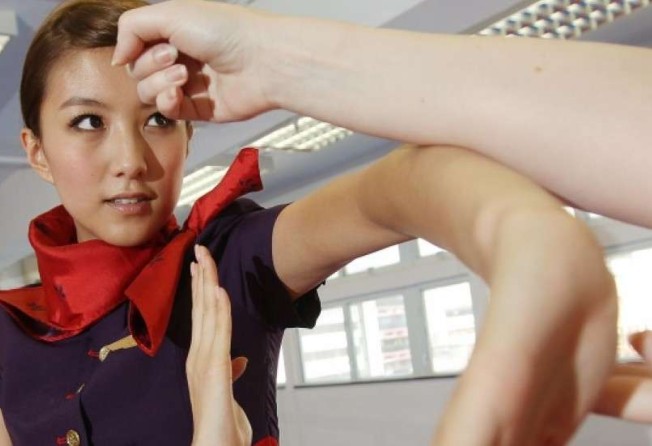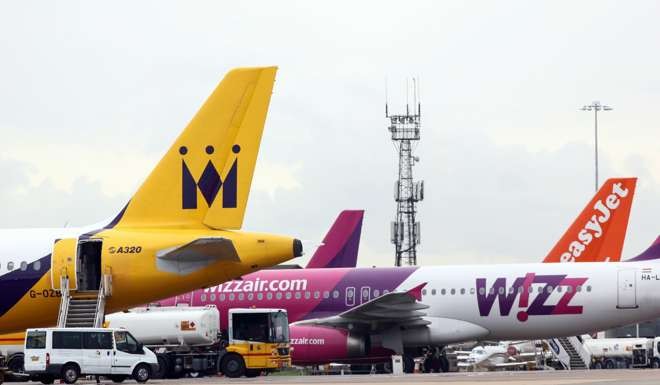
Air rage soars: airlines report 17 pc rise in angry, unruly passengers worldwide

Reports of unruly passengers disrupting airline flights have soared almost 17 per cent worldwide in 2015, with incidents such as passengers being verbally abusive or refusing to obey cabin crew occurring on one out of every 1,205 flights, the international trade association for airlines said on Wednesday.
Some 10,854 plane rage incidents were reported to the International Air Transport Association by airlines last year, up from 9,316 incidents in 2014, IATA said. This equates to one incident for every 1,205 flights, compared with one incident for every 1,282 flights in 2014.
Planes have made emergency landings because escalating conflicts put passengers at risk. A man on a Southwest Airlines flight started a fight with a woman sitting in front of him in October 2015 after she reclined her seat.
“The kind of behaviours that ... might be acceptable on the ground take on a completely different complexion when you’re in the air,” said Tom Colehan, IATA’s assistant director of government and industry affairs on the sidelines of a United Nations aviation assembly in Montreal.
Industry officials estimate the cost of diverting a long-haul flight to remove an unruly passenger at US$200,000.

Colehan said “frustrations with journey,” including long security lines could be triggers. “I don’t think anybody knows exactly the reason driving the rise,” he said. “Perhaps it’s just reflective of societal changes where anti-social behaviour is more prevalent and perhaps more accepted.”
Alcohol or drug intoxication was identified by IATA as a factor in 23 per cent of the cases.
Airlines want airport bar operators and ground handlers to flag unruly passengers before they reach the gate so carriers can decide whether they may cause a disturbance at 35,000 feet, Colehan said.
“For bar operators and restauranteurs, we’re also saying to them, look: you also have a responsibility to make sure ... you’re not promoting binge drinking,” he said.
Consumer advocates have said airlines’ efforts to increase profits by packing more customers on each plane may be part of the problem.
Seat pitch, the distance from one seat to the same spot on the one in front or behind, has shrunk to as little as 28 inches on some flights, against the more common 31 or 32 inches for economy, according to seat makers.

“The fact that they sell alcohol at airports or on planes hasn’t changed,” said Charlie Leocha, chairman of consumer advocacy group Travelers United. “The only variable that has changed is that they are squeezing more people on to planes than ever before.”
US airlines believe market forces and competition - not the government - should determine seat sizes, a spokeswoman for Washington-based trade group Airlines for America said.
IATA is backing new legislation to give authorities more teeth to crack down on unruly passengers. Currently, a passenger who disrupts an international flight can only be prosecuted in the country where the airline is registered and not where it lands.
On Thursday, IATA will urge countries gathered at the International Civil Aviation Organization to join a 2014 international treaty that would allow authorities to arrest passengers at a plane’s destination.
Six countries - Bahrain, Congo, Dominican Republic, Gabon, Guyana and Jordan - have agreed to be full parties to the international treaty, but 22 must join for it to take effect.
“We expect to see more countries become parties to the protocol in the coming weeks and months ahead,” Colehan said.